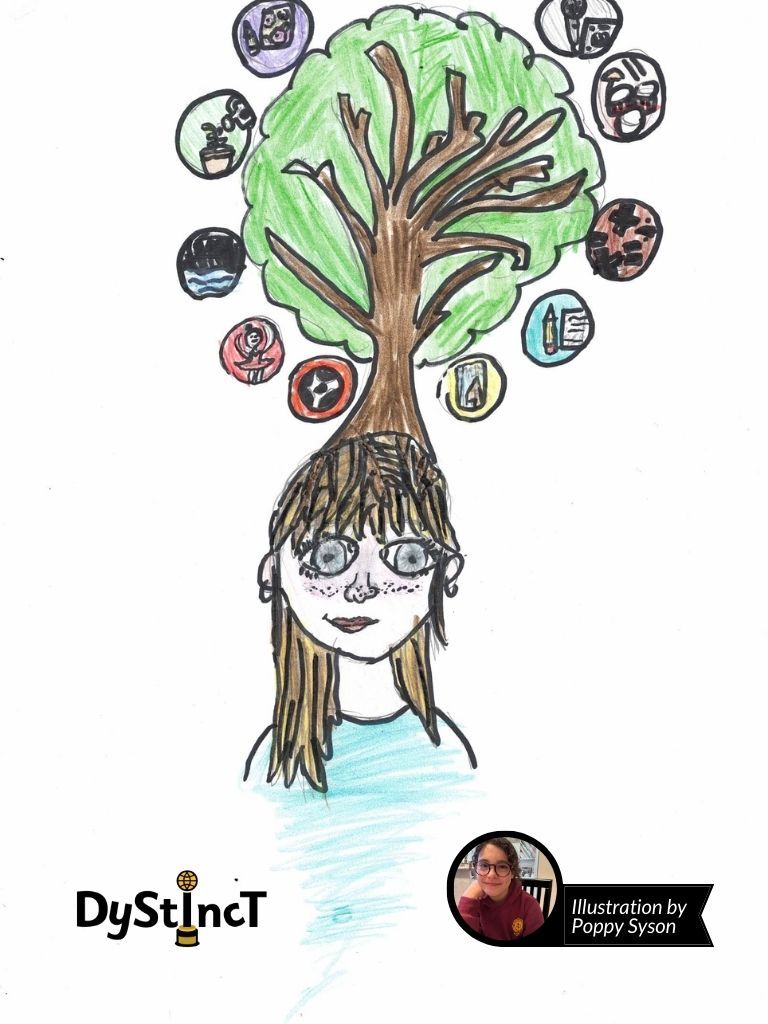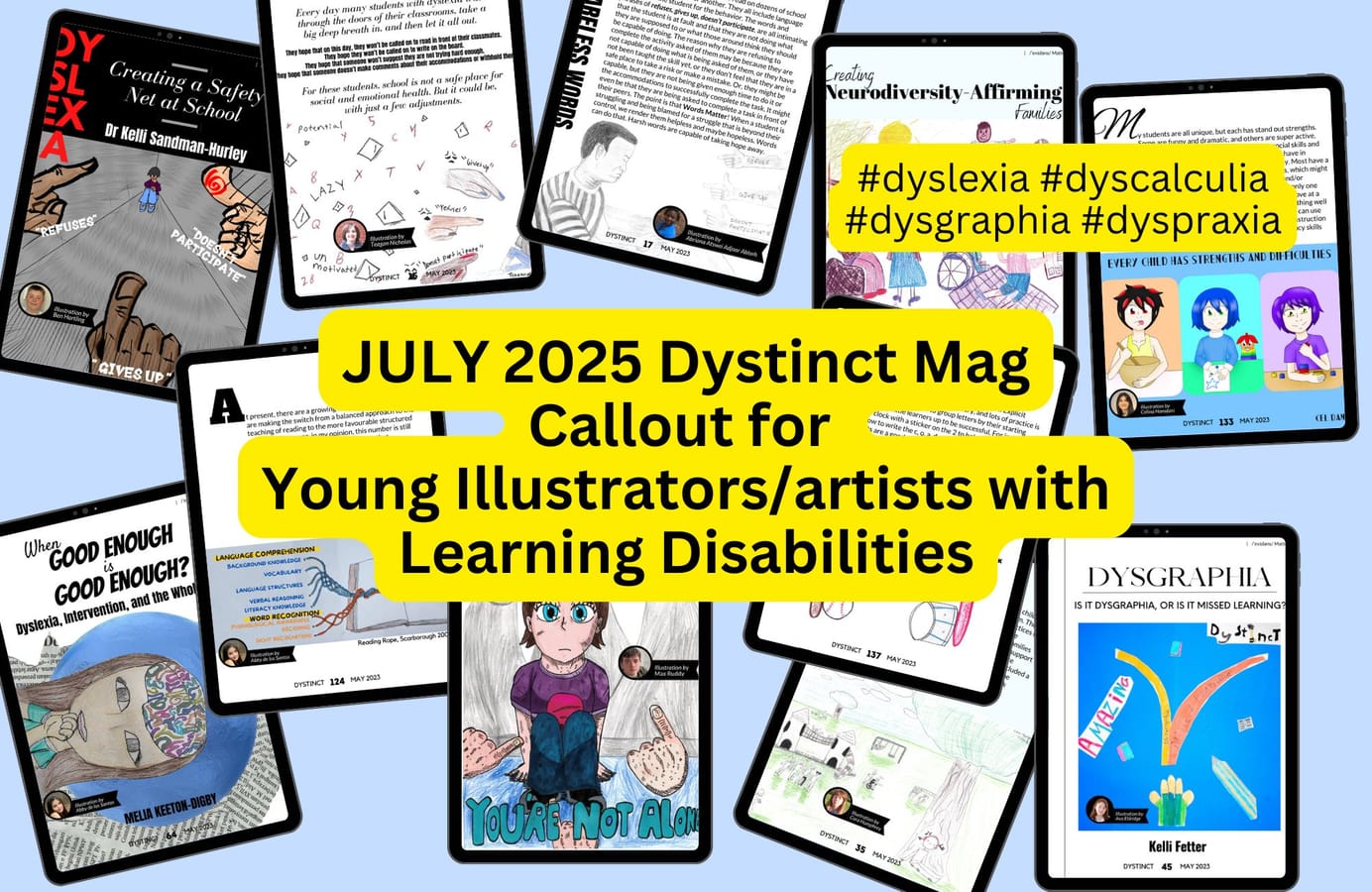
Issue 16: A Cautionary Tale of Three Testing Issues | Dr Paul Beljan
Dr Paul Beljan discusses problematic issues with the WISC-V intelligence test and its impact on assessing gifted children, specifically focusing on processing speed, working memory, and verbal comprehension measures.
In 2024, I will have been testing children for gifted intellect for 30 years. In that time, I have noticed many nuances using the Wechsler Intelligence Scales for Children (WISC) volumes Revised (R) through Five (V). Herein, I endeavor to describe three issues that are problematic with the WISC V and some issues of interpretive value. We all know that children with gifted intelligence express a wide variety of behaviors and ways of being. It is that diversity that can also have a positive or negative impact on testing behavior and results. So, ‘buyer beware’ when it comes to understanding WISC V outcomes.

The first issue is the WISC V Processing Speed Index (PSI). My colleague, Dr Justin Gardner, and I recently submitted an article for publication titled, Processing Speed in Gifted Children: A Clinical Neuropsychological Perspective. The article discusses how the PSI is not a valid measure of cognitive speed, especially in the gifted population. We showed that gifted children often earn lower scores on the PSI than their non-gifted counterparts but do not have a processing speed deficit!
Processing speed is commonly misunderstood by laypersons and is often misinterpreted by clinicians who use the results of the PSI as the basis of clinical diagnostics and educational determinations of need (Hook & Kuentzel, 2022). Identifying any disorder – particularly with regard to an ability as elusive to measure as processing speed – solely based on the results of a single index without considering large-scale brain systems lends to a high degree of misdiagnosis (Koziol & Beljan, 2016). In fact, research consistently indicates that processing speed is a foundational cognitive ability essential to the expression of overall intelligence (Magistro et al., 2015). Processing speed is defined as the velocity with which neurons communicate (Seidl, 2014). Scientists use a magnetoencephalogram to accurately measure processing speed, while your neighborhood psychologist or WISC V administrator uses a stopwatch.
Scientists use a magnetoencephalogram to accurately measure processing speed, while your neighborhood psychologist or WISC V administrator uses a stopwatch.
The PSI is derived by aggregating the Symbol Search (SS) and Coding (Cd) subtests. These are paper-and-pencil tasks that require the examinee to either serially draw a line through various symbols (SS) or to repetitiously pair numbers with abstract and relatively complex symbols using a pencil (Cd), each lasting for two minutes. Children with gifted intellect notoriously dislike and often actively avoid paper-and-pencil tasks despite not having fine motor deficits or dysgraphia. Because the SS and Cd subtests place a large demand on graphomotor speed to infer underlying processing speed, coupled with their common idiosyncratic tendency to avoid paper-and-pencil tasks, gifted children, therefore, perform significantly lower than their non-gifted counterparts on these measures of processing speed. Another reason gifted individuals, in general, earn relatively lower scores on measures on the WISC V PSI is due to the interference effect of perfectionism, which is highly prevalent in gifted populations (Lovecky, 2015; Vaivre-Douret, 2011; Webb et al., 2016). That is, gifted children will earn lower scores if they double check their work on SS or painstakingly form the Coding symbols. This is not a speed issue; it is a behavioral choice.
Now consider the WISC V Block Design (BD) task in regard to speed. The child is instructed to assemble red and white blocks to match a block design drawing on a flipchart. The task is timed, and starting on item #10 the child can earn bonus points for speed. Our research showed that gifted children earn nearly 10 more raw score points and 3 or more scaled score points than non-gifted children on the BD subtest. These numbers are statistically significant.
This post is for paying subscribers only
SubscribeAlready have an account? Log in


